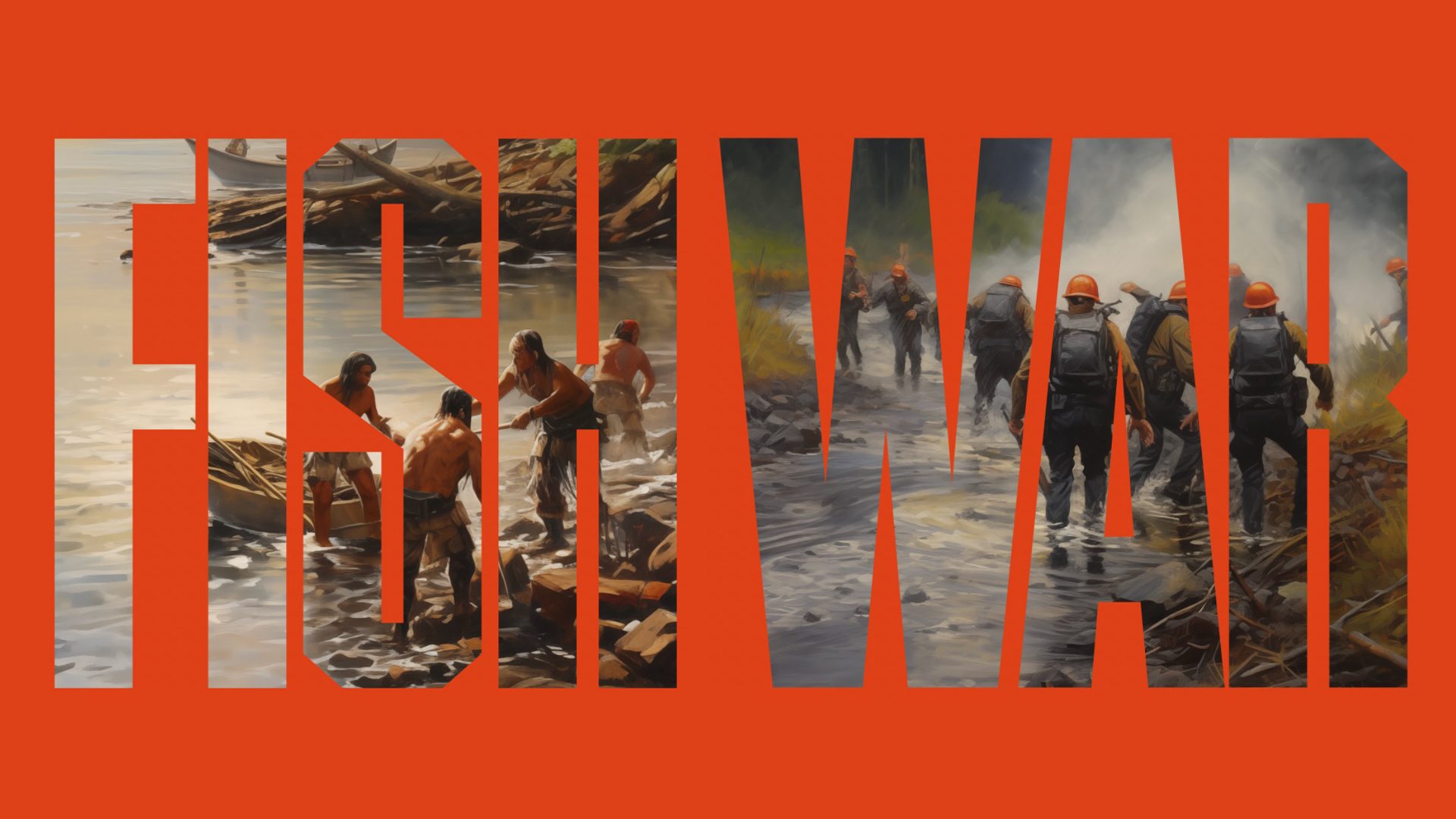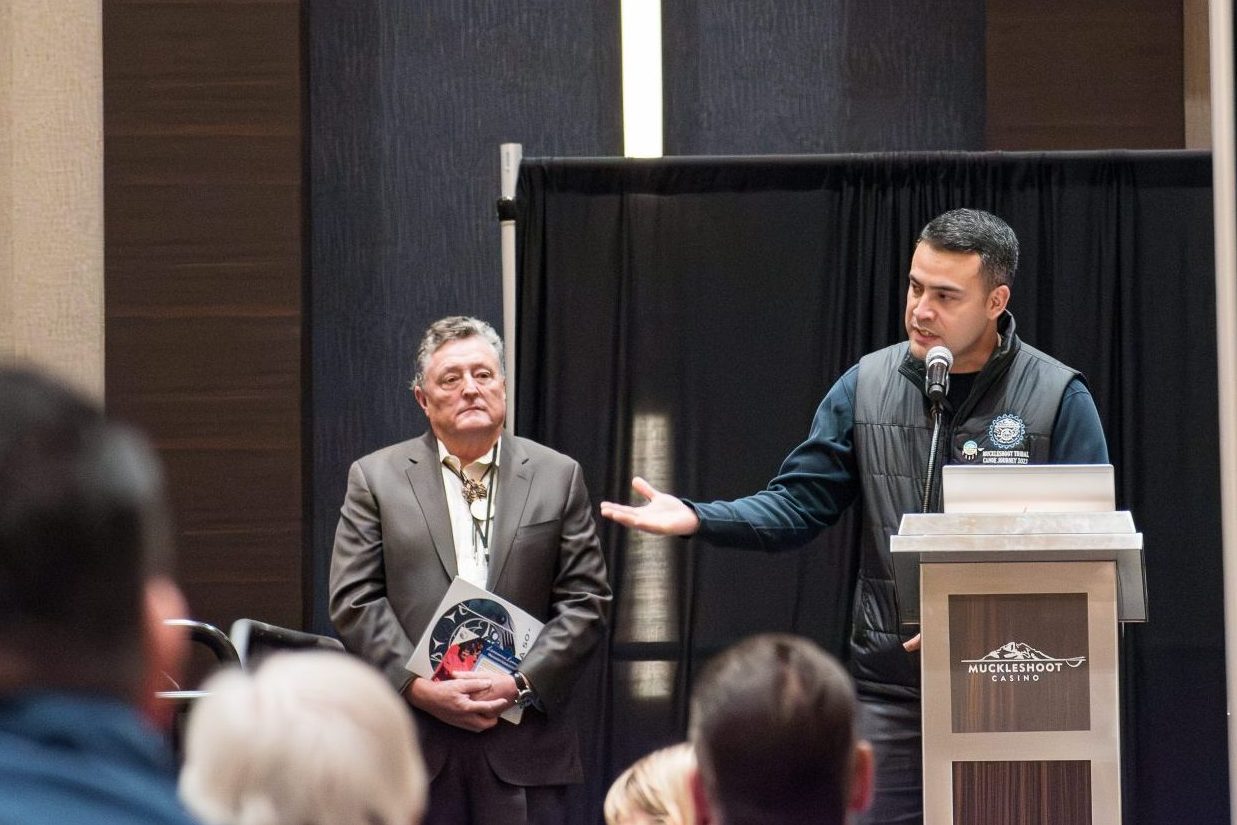Several treaty tribes, including Hoh, Lummi, Puyallup, Suquamish, Swinomish and the Tulalip Tribes have issued official support for the Standing Rock Sioux Tribe. The tribe is working to stop a pipeline from crossing the Missouri River near their reservation.
The Standing Rock Sioux Tribe has been locked in a legal battle to stop the Dakota Access Pipeline from impacting its cultural, water, and natural resources. The Dakota Access Pipeline (DAPL) is a 1,168-mile-long crude oil pipeline that will transport nearly 570,000 barrels of oil each day from North Dakota to Illinois. The Army Corps of Engineers green-lighted several sections of the process without fully satisfying the National Historic Preservation Act, various environmental statutes, and its trust responsibility to the Standing Rock Sioux Tribe.
The Standing Rock Sioux see parallels between the struggles to protect natural resources on the plains and the Pacific coast.
“We are deeply honored to have our friends from the West Coast make the trip out here to stand with us,” said David Archambault II, chairman of Standing Rock Sioux. “Their support in this peaceful demonstration is crucial not only for the protection of our cultural resources, but all of our sovereign rights.”
A delegation from area treaty tribes arrived in North Dakota yesterday, meeting with representatives from the Standing Rock Sioux Tribe. They will join with their hosts to address the media tonight.
From the Swinomish Tribe:
The Swinomish Indian Tribal Community believes that the U.S. Army Corps of Engineers did not adequately consider the impacts of the proposed pipeline project on water, sacred sites, sovereignty and the health of tribal citizens. The Army Corps also failed to conduct adequate government-to-government consultation with the Tribe.
“We are a placed-based society,” said Swinomish Chairman Brian Cladoosby, “We live where our ancestors are buried. Our culture, laws and values are tied to all that surrounds us, the place where our children’s future will be for years to come.”
Cladoosby continued, “We cannot ruin where our ancestors are buried and where our children will call home, uproot ourselves and move to another place. We cannot keep taking for granted the clean water, the salmon and buffalo, the roots and berries, and all that makes up the places that our First People have inhabited since time immemorial. Our futures are bound together.”





